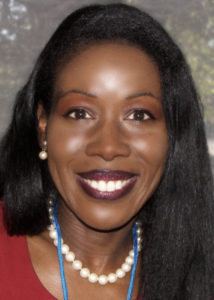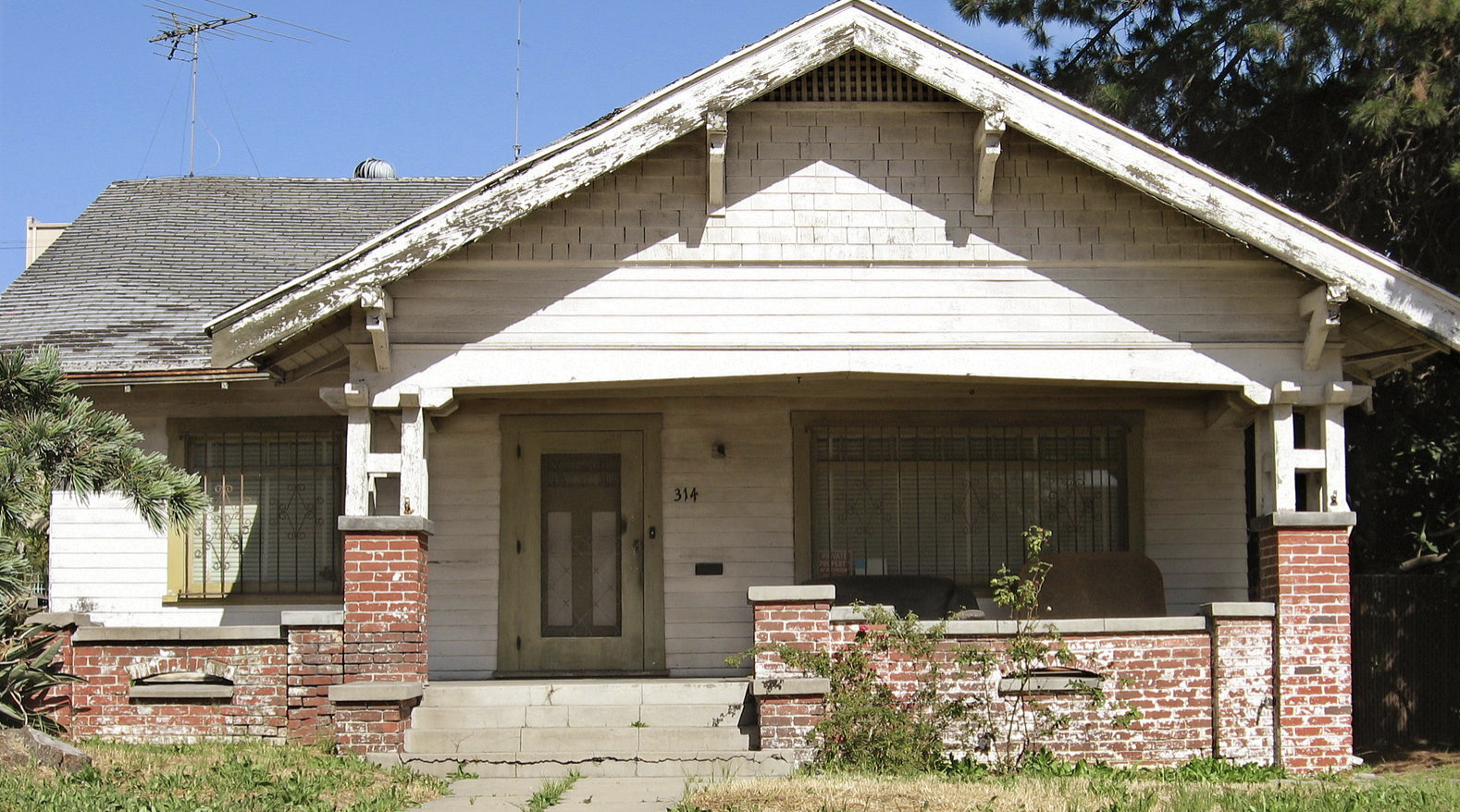America is now in the midst of one of its periodic awakenings about race.
Every generation or so, something happens to force race into the consciousness of mainstream America. Sometimes these awakenings lead to reform; sometimes they don’t.
The current awakening arose from the George Floyd killing in Minneapolis and the growing realization (long understood by anyone paying attention) that police treat blacks differently than whites. Weeks of demonstrations have extended the race discussion beyond police brutality to a broader agenda. Inequality in education and jobs. Higher death rates during the COVID crisis. A culture that celebrates the treasonous legacy of the pro-slavery Confederacy.
But as Shelby Steele argued years ago, debates over race quickly degenerate into contests over innocence. In an essay entitled “I’m Black, You’re White, Who’s Innocent?” Steele noted that
the human animal almost never pursues power without first convincing himself that he is entitled to it. And this feeling of entitlement has its own precondition: to be entitled one must first believe in one’s innocence, at least in the area where one wishes to be entitled. By innocence I mean a feeling of essential goodness in relation to others and, therefore, superiority to others. Our innocence always inflates us and deflates those we seek power over. Once inflated we are entitled; we are in fact licensed to go after the power our innocence tells us we deserve. In this sense, innocence is power.
 The white claim to innocence arises any time blacks and their allies propose solutions to the enduring problem of race in America. In 2014, for example, the Roberts Court struck down provisions of the 1965 Voting Rights Act that required states with histories of racial exclusion to get approval from the Justice Department for changes in voting procedures. The appeal of Southern states went like this: How long do we need to get approval over our voting laws? We weren’t the ones who banned blacks from voting. We’re not the ones who are guilty. Give us control over our own elections. That was so long ago!
The white claim to innocence arises any time blacks and their allies propose solutions to the enduring problem of race in America. In 2014, for example, the Roberts Court struck down provisions of the 1965 Voting Rights Act that required states with histories of racial exclusion to get approval from the Justice Department for changes in voting procedures. The appeal of Southern states went like this: How long do we need to get approval over our voting laws? We weren’t the ones who banned blacks from voting. We’re not the ones who are guilty. Give us control over our own elections. That was so long ago!
When the Roberts Court agreed, giving the old Confederacy power over its election rules, states across the South and beyond enacted rafts of new rules and procedures that made it harder for blacks to register and vote. Voter ID laws. Purges of voter rolls. Shorter voting hours. Not enough provisional ballots. Closing polling stations. Hacked voting machines.
The Roberts Court’s reasoning was the same reasoning of many whites who oppose addressing the issue of race: We’re not responsible. We didn’t create the problem. We didn’t own slaves. We didn’t benefit from Jim Crow. We didn’t redline black communities. We didn’t push blacks into toxic-waste zones. We don’t support the cops who abuse blacks. All of which is to say: We are innocent.
The concept of “white privilege” is intended to refute this claim of innocence. Even if they did not actively participate in racist policies and practices, whites still benefit from them. Generation after generation, whites get advantages in all areas because of this nation’s long history of direct and indirect racism. Inequality and unfairness and one moment begets inequality and racism at another moment … and another and another and another.
But that feels abstract, like a long game of telephone where everyone has forgotten the words spoken at the beginning of the line.

In her new book Caste, Isabel Wilkerson offers a much more useful metaphor for the enduring injuries of race in America: The broken-down house.
Wilkerson notes the discovery of a long-festering welt in a ceiling, which, unfixed, could undermine the integrity of the house’s structure. “Choose not to look … at your own peril,” she writes. “Whatever is lurking will fester whether you choose to look or not. Ignorance is no protection from the consequences of inaction. Whatever you are wishing away will gnaw at you until you gather the courage to face what you would rather not see.”America’s race problem, she says, is like an old house that has performed many basic roles well but has carried forth damaging imperfections. We have made some patches and additions to improve this structure. But many basic flaws have remained and festered.
We in this country are like homeowners who inherited a house on a piece of land that is beautiful on the outside but whose soil is unstable loam and rock, heaving and contracting over generations, cracks patched but the deeper ruptures waved away for decades, centuries even. Many people may rightly say: “I had nothing to do with how this all started. I have nothing to do with the sins of the past. My ancestors never attacked Indigenous people, never owned slaves.” And yes. Not one of us was here when this house was built. Our immediate ancestors may have had nothing to do with it, but here we are, the current occupants of a property with stress cracks and bowed walls and fissures in the foundation. We are the heirs to whatever is right or wrong with it. We did not erect the uneven pillars or joists, but they are ours to deal with now.
And any further deterioration is, in fact, on our hands.
Unaddressed, the ruptures and diagonal cracks will not fix themselves. The toxins will not go away but rather will spread, leach and mutate, as they already have. When people live in an old house, they come to adjust to the idiosyncrasies and outright dangers skulking in an old structure. They put buckets under a wet ceiling, prop up groaning floors, learn to step over that rotting wood tread in the staircase. The awkward becomes acceptable, and the unacceptable becomes merely inconvenient. Live with it long enough, and the unthinkable becomes normal. Exposed over the generations, we learn to believe that the incomprehensible is the way that life is supposed to be.
No, as a white, I was not present at the creation of racism in America. I didn’t own slaves. After the Civil War, I did not prosper from sharecropping or Jim Crow. I did not fight the right to vote or blacks’ access to education or housing or public accommodations. I have never used racist slurs. I embrace the equality of all. I support Black Lives Matter. I would like to sit at Martin Luther King’s table of brotherhood.
And yet …
Like all Americans, whatever their age, I have grown up in this house with enduring (sometimes growing) structural flaws. I didn’t build the house. I was not responsible for the flawed foundation or construction. But here I am, living in it.
I have, without doubt, benefited from the flawed house. Weeks after my birth in 1960, in Chattanooga, Tennessee, I returned to the hospital with pneumonia. Looking through a family scrapbook years later, I discovered that I was treated in the “white baby’s ward.” I have often wondered whether I would have gotten the care I needed in the other ward. I doubt it.
Here’s another example: Years ago, eager to meet a friend, I sped down a highway in Georgia–passing a black driver and then seeing a cop pull over the black guy and not me. I was probably going 75 miles an hour; he was probably going 65. He was driving while black; I wasn’t.
Those are two of countless examples from my life of privilege.
I should also note the everyday, structural advantages I have gotten by living in our sturdy but flawed national house: great schools, great communities, a smile when I offer my resume, access to any place with nary a second look. No one has ever treated me badly because of my skin color, not that I can recall anyway.
I never asked for privilege. I did not create it. But I have gotten it.
Now, I might not be responsible for how the house was built or how it has evolved over the years–and who it houses well and who it houses badly. But it’s my job, as one of 330 million occupants of that house, to do something about it. Rather than just putting buckets under leaks and taping the rattling windows, it’s my job to help get down to the bones and fix the structural problems.
How we fix the house can be a matter of debate. Liberals have some good ideas, and so do conservatives. But we can’t avoid the matter forever. Using the latest tools–the equivalent of the housing inspector’s infrared lenses that spot flaws under the structure’s bones–we need to find the broken parts and repair or even replace them.
Isabel Wilkerson’s new book is priceless for many reasons. But its greatest value, for the debate over structural racism, might be this metaphor of the dilapidated house. It gives us a way to understand our common home–and its flaws and the job that needs to be done–without the self-serving and avoidant claims of innocence.
Before you go . . .
• Like this content? For more posts on writing, visit the Elements of Writing Blog. Check out the posts on Storytelling, Writing Mechanics, Analysis, and Writers on Writing.
• For a monthly newsletter, chock full of hacks, interviews, and writing opportunities, sign up here.
• To transform writing in your organization, with in-person or online seminars, email us here for a free consultation.

